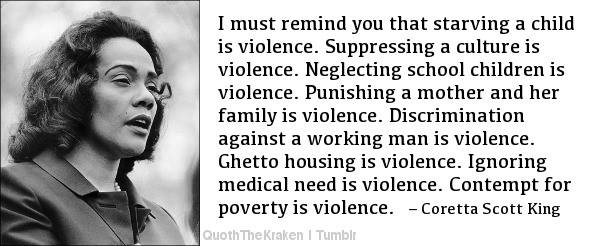
KISA expresses its grief for the murder of the young girl in Larnaca on 6/11/2018, as well as for the system within which the murder has taken place and the way that this is presented and publicly discussed.
In the absence of any structures of care which are accessible to them, children are automatically forced to stay home alone from a very young age or to even take up responsibility for the care of their younger siblings. Children, who are deprived of real access to the education system, since there are no appropriate structures to support their integration and attendance in school nor their substantial stay.
Children, often kicked out from school on the excuse of delinquent behaviour while they remain particularly vulnerable, experiencing racism and multiple discriminations both at the social as well as institutional levels, on the basis of their migration background, age, gender, sexual orientation, disability, religion, language, class, appearance. Children, who often lack access to the essentials for living, such as wholesome nutrition, appropriate clothing, health services, legal residence status, birth certificate, nationality, travel documents, privacy. Children, whose parents are also vulnerable in this society, who have/are regularly experienced/ing violence and discrimination without any supportive environment and without any substantial access to the relevant services. Children, who are often forced to take up many more responsibilities than those appropriate for their age and that they can actually handle. Children, without access to free time, quality and creative activities, and often not even play. Children, without parents, unaccompanied, single-parent families, without any support. Children, who grow up in institutions or with their compatriots or relatives. Children, who experience injustice and intolerance in their very skin from the moment of their birth. Children, who find themselves in these circumstances, the Cypriot society instead of embracing them and offering support, it, instead, rejects them, marginalizes them and demonizes them, expelling them from schools, turning its back to their cries, and even joining forces with neo-nazi organisations in order to banish them from its communities, having first deprived them from access to humane living conditions.
These children’s parents experience intolerance themselves without any supportive environment or access to support structures that allows them to respond appropriately to their parenting role and their responsibilities as parents. Parents who work, oftentimes undeclared, with salaries much lower than the minimum salary-as an indication, the salary of domestic workers is set by the state at €309.
Parents, who have no access to public benefits, including single-parent families and child benefits. Parents, who have no access to the health-care system. Among them, particularly vulnerable are parents with no legal residence status and single parents.
The specific incidence, reflects our attitude as a society towards these children. This is particularly evident in the fact that witnesses, who now talk in the media about the incident and about the family, have failed to act all this time, despite knowing the difficulties the family faced. Other relevant services have similarly failed to act, such as the schools the children attended to and the Social Welfare Services, despite the fact that it appears that they had identified some of the difficulties that the family experienced, since the son of the family had been expelled from school on the grounds of delinquent behaviour.
Furthermore, we are particularly concerned about the attitude of the media, many of which have published personal data of the family, such as their address, photos of their house and their neighbourhood, details about their lives, nationality, and legal status. This attitude by the media may be putting the family and the safety of its members in danger. Moreover, it stigmatizes and marginalizes further the family in question but also whole vulnerable groups, such as migrants, Roma, recipients of public assistance, single-parent families, children with migrant background, children with psychiatric background.
Within a climate that is acutely xenophobic, within a racist and patriarchal society, full of exclusions and discriminations, which itself marginalizes and victimizes its already vulnerable members, in the face of the lack of support structures for vulnerable groups, a child has been murdered and another one is demonized for the violence which society and the state have essentially taught him. As sad as this is, it is not surprising that a child, who experiences multiple forms of violence, results in him exercising violence too. Targeting him serves no purpose but the spreading of violence itself.
KISA calls upon the state to take up its responsibilities to protect vulnerable groups and particularly children with migrant background, forming and implementing a complete, effective and child-centred system of protection for vulnerable groups which includes support, substantial access to basic rights and structures of care for children with working parents.
Finally, KISA calls upon the media to reflect upon their role and their own responsibilities concerning the cultivation of racism, discriminations and stereotypes, as well as violence, cannibalism and toxic masculinity. Particularly, it calls upon them to stop reproducing, and remove, publications which stigmatise and target the family, and vulnerable groups in general.
KISA, 9/11/2018

